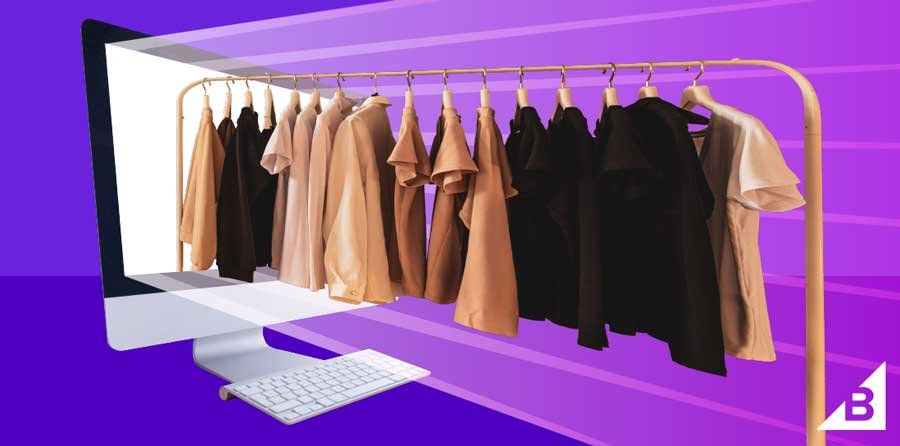Finding ethically-sourced clothes is important regardless if you’re shopping for yourself or for your business. However, it can be difficult for both consumers and retailers to find ethically produced clothing, not only due to higher prices, but because the research and networking needed to find truly ethical clothes can be time and resource-intensive.
Finding ethically produced clothes doesn’t have to be a major undertaking, however. This article examines how online boutiques can source their selections from ethical manufacturers with ease.
1. Define What “Ethical” Means to You
Ethical sourcing is quickly coming to the forefront of everyone’s mind when they shop. Consumers and retailers alike want to know where their clothes come from, how they were produced, and their impacts on the planet. When sourcing ethical products for your boutique, the first step is to clearly define your standards of ethics. Do you want to focus more on environmental impacts or social impacts? Do you prefer plastic vegan products or humanely-sourced animal products? Are plant-based products an option, and will they be too expensive for customers?
Outline the requirements you have for your manufacturers and the priorities you wish to focus on. This can include:
- Environmental impacts of production methods
- Recyclable or biodegradable materials
- Energy efficiency in factories
- Working conditions in factories
- Equitable treatment and pay
- Safety standards
- Gender equality
- Opportunities for social mobility
- Cruelty-free materials
- Sustainable vegan leather
- Humanely-produced leather
- Biocentric-focused production processes
Ethics can be an extremely complicated and in-depth topic, especially with clothing. Decide which factors you care about the most and clearly outline how your brand defines ethics. This should extend to every aspect of your business, from shipping and packaging materials to buttons, trim, and labels.
2. Research Companies and Their Practices
Once you’ve clearly defined what you’re looking for, start researching your options. Look for ethically-focused manufacturers through sources like Shop Ethical and be thorough in your search. Remember to look at customer reviews and, if possible, speak directly with the companies to learn about their practices.
Be on the lookout for companies that comply with third-party certifications, accreditations, and quality testing, or even establish this as a requirement when partnering with your manufacturers. These can be key in ensuring thorough, long-lasting ethical practices throughout the entirety of the production process. Major clothing certifications to look for include:
Certifications can also help you avoid manufacturers that greenwash. By researching manufacturers’ certifications and testing procedures, you can obtain comprehensive insight into their ethical practices and fully understand how their efforts support your company’s ethical initiatives.
3. Look For Efficiency
The clothing industry is one of the most environmentally devastating industries in the world, with water consumption, pollution, and solid waste taking severe tolls on local communities and worldwide environmental health. When looking for ethical manufacturers, look for those that optimize their efficiency to eliminate the extensive amounts of waste and pollution that frequently occur in clothing production.
Scope 3 emissions (carbon emissions throughout the value chain) of any business, even small boutiques, can have significant impacts on social and environmental efforts. Look for manufacturers that streamline their production processes and eliminate unnecessary steps that lead to environmental pollution or worker exploitation. Consider if second-hand products are an option for your boutique, as this not only provides your store with one of the most environmentally-friendly options, but can also significantly cut down on costs and complications from manufacturers.
Building an ethically-focused brand is a complicated and ongoing endeavor, but doing so is important for improving brand reputation and retaining customers, as well as doing your part to improve the global standards of the clothing industry.

